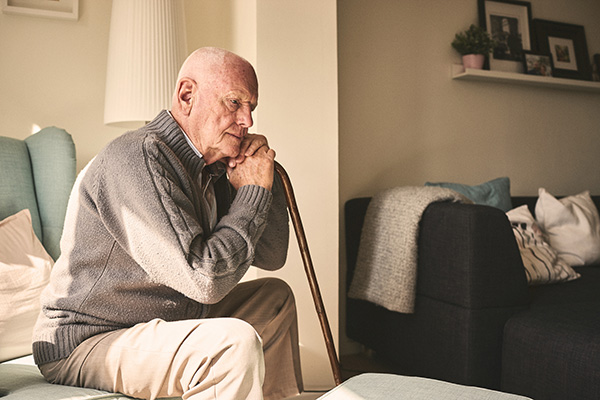We use cookies to help provide you with the best possible online experience.
By using this site, you agree that we may store and access cookies on your device. Cookie policy.
Cookie settings.
Functional Cookies
Functional Cookies are enabled by default at all times so that we can save your preferences for cookie settings and ensure site works and delivers best experience.
3rd Party Cookies
This website uses Google Analytics to collect anonymous information such as the number of visitors to the site, and the most popular pages.
Keeping this cookie enabled helps us to improve our website.
Winter Health
Cold homes have a significant impact on people's health. One the best ways of keeping yourself well during winter is to stay warm.
Keeping warm over the winter months can help prevent colds, flu or more serious health conditions such as heart attacks, strokes, pneumonia and depression.
The chances of these problems are higher if you are vulnerable to cold-related illnesses because of one or more of the following:
- you're over 65
- you're on a low income (so cannot afford heating)
- you have a long-term health condition such as heart, lung or kidney disease
- you are disabled

Flu is a highly infectious illness that can spread rapidly.
If you are at risk of complications from flu, you may be eligible for a free flu jab.
How to stay warm
The government's advice on getting ready for winter aims to reduce cold-related illness and deaths. Key tips include:
- Keep your home warm. Your main living room should be between around 18-21C (65-70F) and the rest of the house at a minimum of 16C (61F). You can also use a hot-water bottle or electric blanket (but not both at the same time) to keep warm while you are in bed.
- Eat well. Food is a vital source of energy, which helps to keep your body warm. Try to make sure that you have hot meals and drinks regularly throughout the day and keep active in the home if you can.
- Wrap up warm, inside and out. Layer your clothing to stay warm and wear shoes with a good grip if you need to go outside. If possible, stay inside during a cold period if you have heart or respiratory problems.
- Check on older neighbours or relatives to make sure they are safe and well. Make sure they are warm enough, especially at night, and have stocks of food and medicines so they don't need to go out during very cold weather. If you are worried about a relative or an elderly neighbour, contact your local council or ring the Age UK helpline on 0800 00 99 66.
Cold weather benefits
You may also be able to claim financial and practical help with heating your home. Grants available include the Winter Fuel Payments and Cold Weather Payments.
Winter Fuel Payments of up to £300 are available if you were born on or before July 5 1951.
To find out more about Winter Fuel Payments, call 0845 915 1151 (8.30am-4.30pm Monday-Friday, textphone 0845 601 5613) or visit Winter Fuel Payment.
Cold Weather Payments may be available to you if you receive certain benefits or have a child who is disabled or under the age of five.
To find out more about Cold Weather Payments contact Jobcentre Plus (you can find the nearest office in the phonebook) or visit Cold Weather Payment.
The Energy Saving Trust (EST) has advice on how to reduce bills and make your home more energy efficient. They can also advise on grants and schemes available around the UK. Find out more online from the EST website or call 0300 123 1234 (9am-8pm Monday-Friday and 10am-2pm Saturday).
For more information on cold weather benefits and other help available read the 'Financial help to heat your home' section in the Keep Warm, Keep Well leaflet.
